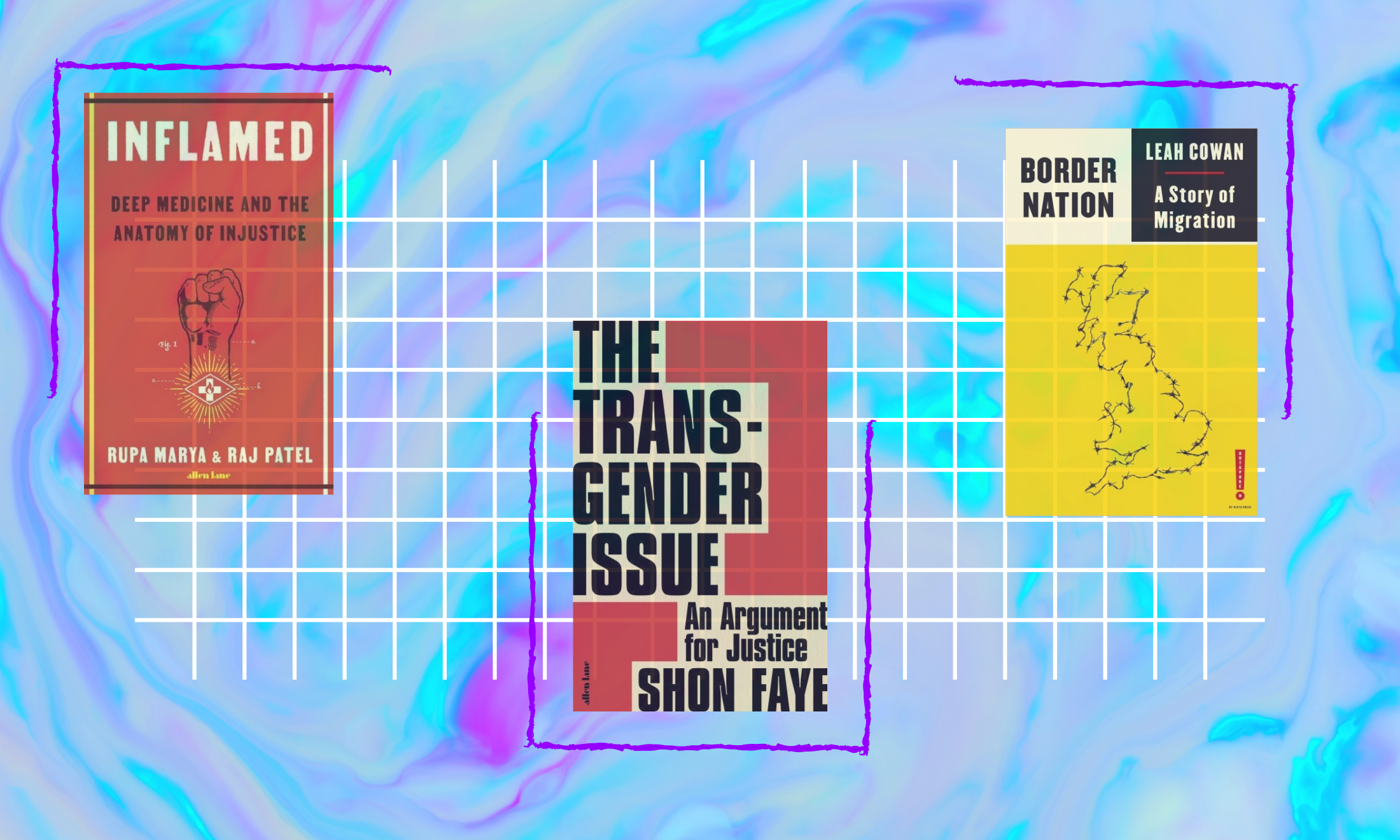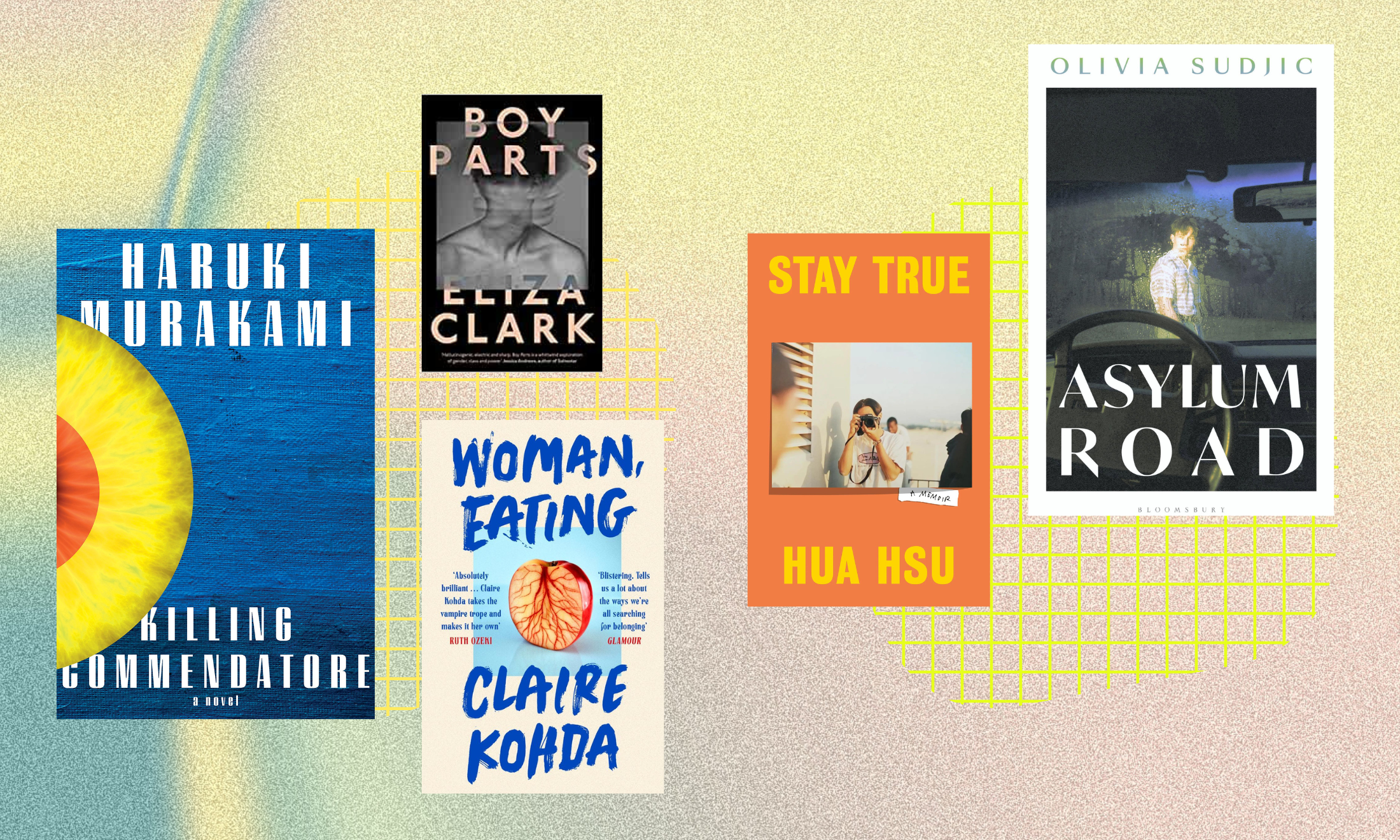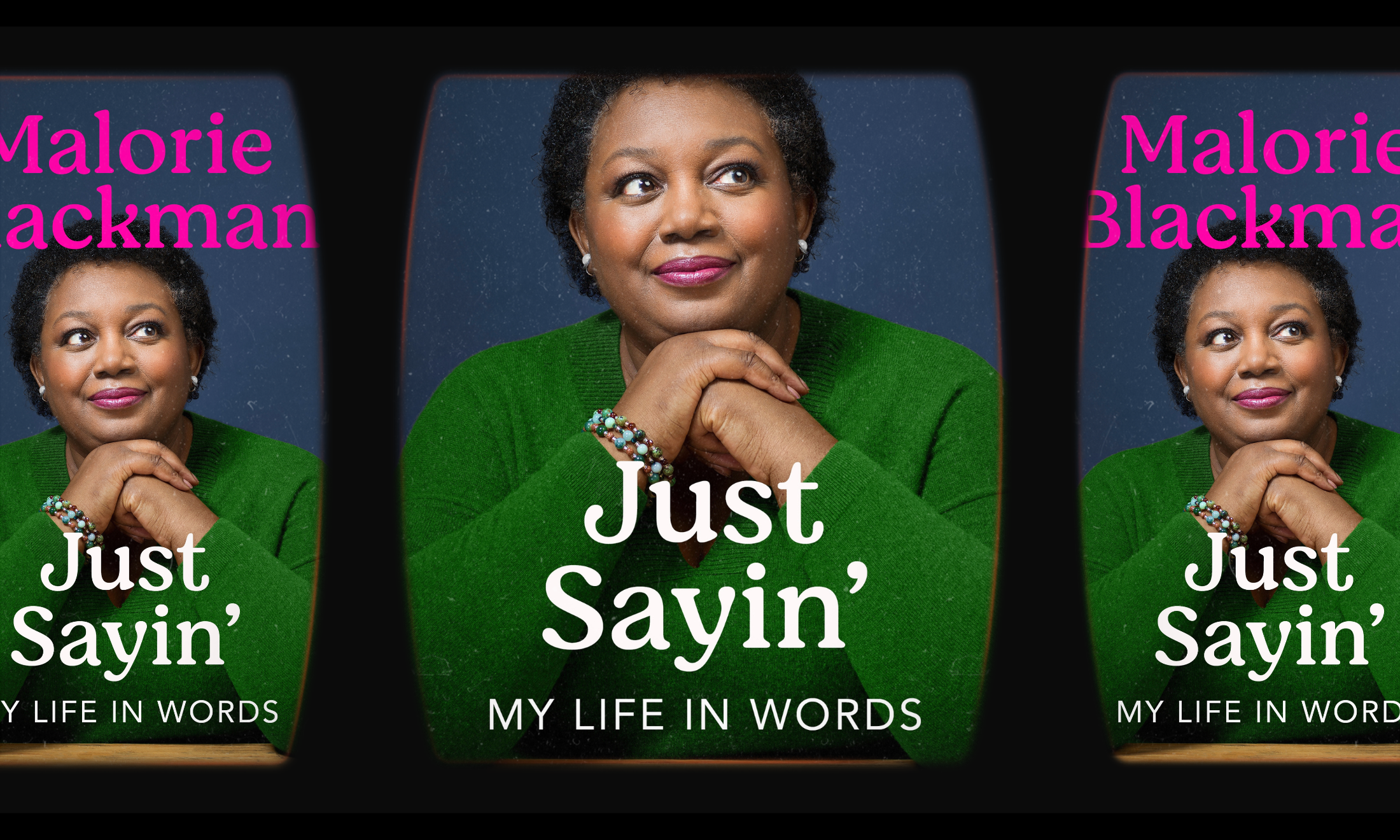
Canva
12 riotous books that radicalised me in 2021
A selection of 12 books that present new ideas for a bolder, more radical future.
Adele Walton
26 Dec 2021
Books have always been a pivotal resource for building my knowledge when mainstream politics has seemed like a space that excludes working class young women like myself. Building from the grassroots, organising and resistance requires political education which has always been, and remains, an incredible tool in mobilising transformative movements. Covid-19 taught us that the dysfunctional system of capitalism is working only for a small minority, and that to change it we must radically change our politics too.
The challenges posed by the pandemic are well documented: the Tory government have used this time to push through the authoritarian Police, Crime, Sentencing and Courts Bill, which will render protesters more vulnerable to arrest and imprisonment, for example. But a good book can be a powerful antidote and a weapon for collective resistance. With these assaults on our rights, radical publishing has responded with new ideas, helping us to both imagine a better world and construct a politics rooted in care.
With that, here are my top 12 radical books that shaped my radical thoughts this year.
The New Age of Empire: How Racism and Colonialism Still Rule the World, Kehinde Andrews
The widely-accepted White saviourist portrait painted of global inequality is that the West emerged as the centre of modernity and development through the industrial revolution. But what this history tells us is that modernity is a natural development of the pre-destined outcomes of human existence, as opposed to a being rooted in systematic exploitation under colonial expansion.
Kehinde Andrews dispels these self-congratulatory myths in The New Age of Empire, making clear that the Global North’s ability to enjoy immense levels of private wealth are dependent on the continued exploitation of the Global South. By taking the reader on a journey from the Enlightenment period, to the Second World War to the rise of neoliberal hegemony under Margaret Thatcher and Ronald Reagan, Andrews reveals how even though racism and colonialism have taken on new forms, they remain at the core of the system of globalised capitalism we see today.
Inflamed: Deep Medicine and the Anatomy of Injustice, Rupa Marya and Raj Patel
This intricate body of work explores how and why our bodies are becoming increasingly inflamed on a burning planet. Locating our colonial capitalist system in its historical context,
Inflamed makes clear connections between the capitalist system that sees our planet simply as a supply of commodities and resources to be extracted and our bodies as disposable labour to be exhausted. The ability to manifest good health is a universal birthright, yet hegemonic extractivist, individualist and exploitative cultures prevent us from understanding health as intrinsically linked to the political economy.
By centring indigenous struggle and journeying us through the body’s systems, it leaves no stone unturned in its calls to decolonise health and medicine.
Empire’s Endgame: Racism and the British State
This collaborative anthology fuses eight brilliant minds in a critical interrogation of the key questions around race and Britain today. Centering the wider cultural, political and economic context, the authors explore how legacies of Britain’s empire manifest through oppressive policy mechanisms such as policing, surveillance and deportations. In tackling some of Britain’s most pertinent myths that reproduce racism in the popular imagination, this book provokes its readers to opt for hope over fear, reject divisive politics and imagine a radical utopian alternative.
In an increasingly authoritarian Britain, whose Conservative government is utilising every opportunity to further marginalise minoritised people, this book is an essential read.
Overtime: Why We Need a Shorter Working Week, Will Stronge and Kyle Lewis
Capitalism is squeezing us from every angle. Low pay, high stress levels and increasing insecurity have become the hallmarks of work in the 21st century for the vast majority of us. This timely and brief manifesto reveals the urgency of the conversion to a shorter working week. Drawing on a range of political thinkers and pivotal worker wins in history, the authors of this book argue that a shorter working week would allow us to build a fairer and more fulfilling society for all.
What White People Can Do Next: From Allyship to Coalition, Emma Dabiri
Heralded as the Trojan Horse of antiracist literature, Emma Dabiri’s pretty pocket book is far from simply a handbook for self-proclaimed allies. This short and cohesive essay prompts the reader to critique their own complacencies and to recognise the complexities that are bound up with race, whiteness, saviourism and guilt. Dabiri calls us to recognise and abandon the performative actions we see saturating social media activism discourse, and to opt for collective coalition-building instead.
Border Nation, Leah Cowan
In this wide-reaching and succinct book, Leah Cowan reveals the inherently violent nature of borders and calls on us to imagine beyond the confines of Home Office check-boxes, bars and barbed wire. Tracing them back to their colonial origins, Leah (who was formerly gal-dem’s Politics editor) explores how draconian approaches to border crossings assault our communities and undermine human rights. Both punitive and profitable, borders are an intrinsic part of the neoliberal state, which attempts to prevent us from pursuing a politics built on care, unity and humanity. From demonstrations inside detention centres to migrant-led campaigns and acts of cross-border solidarity, people are already resisting the continued violence of borders, and this book calls for us all to engage with such movements.
Less is More: How Degrowth Will Save the World, Jason Hickel
This disruptive and transformative book dispels the myths of green growth and interrogates the ideologies behind growth accumulation, GDP, and environmental racism. By highlighting stark statistics throughout (like 19% of the global population being responsible for 92% of global carbon emissions, can you believe?) Jason demonstrates how Black and Brown communities globally are disproportionately feeling the impacts of climate degradation. Jason is provocative in challenging the reader to imagine a world beyond capitalism, recognising that the inequalities and crises it produces are far from natural. Adopting a clearly anthropological stance, Jason encourages us to unlearn the individualist values that mean we uphold capitalism in our daily interactions and opt for a collectivist culture rooted in care.
Abolishing the Police, edited by Koshka Duff
Abolishing the Police is both a contribution to conversations around abolition and an invitation to join it. These essays introduce concepts to teach the reader about the foundations of abolition and the needs for it, while demonstrating examples of activism and resistance to inspire us to join. Through rigorous and accessible analyses of policing, the authors draw on their diverse on-the-ground experiences of political organising, as well as their research in fields ranging from law to security studies, political theory to sociology to public health.
Proposing concrete alternatives for preventing and responding to harm, this book prompts us to go beyond regressive logics of crime and punishment and strive towards visions of healing and community justice.
The Transgender Issue: An Argument for Justice, Shon Faye
Seized by culture warriors as their latest weapon in inducing moral panic, trans people and their lives in Britain have become reduced to talking points for the sake of reactionary debate. In this landmark work, Shon Faye highlights how the experiences of transphobia are rooted in a capitalist system which invents essentialist categorisations of gender, class and race in order to exploit us. In this call for solidarity with trans people, The Transgender Issue is an essential read for anyone who deems themselves an advocate of social justice.
The Care Manifesto: The Politics of Interdependence, The Care Collective
In the wake of Covid-19, the need to rally together and recognise our commonalities and shared desires for a better world is more urgent than ever. In a capitalist world that pits us against one another, fuelling a scarcity mindset rooted in fear, care is resistance. This concise manifesto helps us imagine a world built upon a foundation of care, and calls for a radically different politics that forges closer relationships with both people and our planet. In showing us the power of mutual aid, coalition-building and solidarity, this book aids us in ensuring our activism is enacted through our daily actions within our communities and that whilst change starts within us, it doesn’t end there.
A Feminist Reading of Debt, Luci Cavallero and Veronica Gago
In a world characterised by record levels of debt, the authors of this book defiantly propose a feminist understanding of debt which reveal the links between debt, capitalist patriarchy and social reproduction. Featuring interviews with women in Argentina and Brazil, the book foregrounds the lived experiences of those burdened by debt, in connection to austerity, neoliberal policies and gendered violence. This short book cultivates a transformative understanding of debt that is essential for feminist resistance globally.
White Skin, Black Fuel: On the Dangers of Fossil Fascism, Andreas Malm and The Zetkin Collective
How can we understand the rise of the far right and climate degradation as interconnected phenomena? This rich study of the far right’s role in the climate crisis presents an eye-opening sweep of a novel political constellation, revealing its deep historical roots. Fossil fuels and colonial fascism emerged hand in hand. Now, racist nationalist ideologies are reliant on strengthening borders, to protect the nation as the climate collapses.









